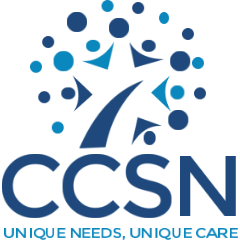
Children with autism can often be taught new skills as well as further develop existing skills through carefully crafted treatment interventions. But a child with such unique and complex learning needs requires a constellation of services to do so, with each clinician ensuring fluid and consistent carryover of skills into all areas of the child's life.
Best-practices for supporting children with ASD include:
- Multidisciplinary service providers working as a team
- Implementing evidence-based practices
- Incorporating parents as co-therapists.
A multidisciplinary team approach to treating autism is necessary,
but it requires work to develop and maintain.
So how do parents become the Captains of their own treatment teams?
Be an Advocate. You know your child best and can speak on his or her behalf. Remember that you are an ESSENTIAL member of the treatment team. Embrace the role of parent and advocate simultaneously!
Be an Effective Manager of your Team. Set your expectations of team members high, but within reason. Seek evidence of progress and verify that services are effective. Continue to communicate any concerns, address team members directly, and attempt to work through conflict openly.
Be a Collaborator. Set the tone for consistent communication between providers and transparency between your family and the team. Share your wealth of knowledge to assist the team in designing a tailored treatment.
Be a Learner and a Co-therapist. Observe your team in action and ask questions. Watch your team closely and extend the team’s work into your home and other natural environments.
Be the Educated Consumer. Seek reliable sources and network with credible resources for support. Your insurance company and state agencies can help meet your needs.
Be an Effective Communicator. Set the expectation for open communication and honest feedback. When communication has broken down, initiate the process to repair it.
Be an Evaluator. An effective intervention is one that is culturally, clinically, socially, and educationally relevant. The goal of any treatment is for the child to independently use previously learned skills within a natural environment in response to a natural context. Evaluate your child’s success frequently.
Want to learn more? Start the journey by contacting us today.

